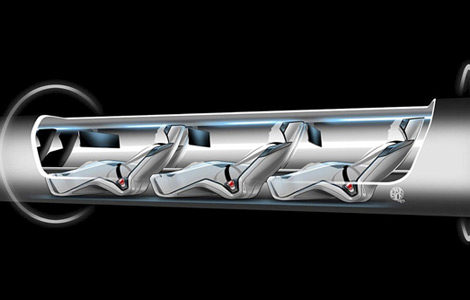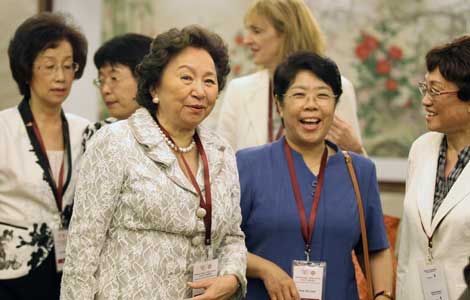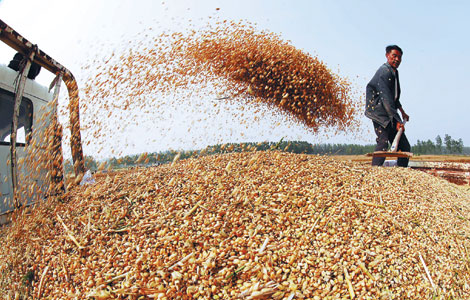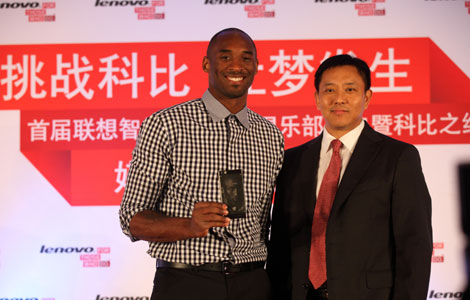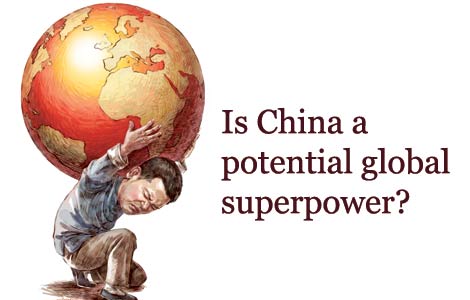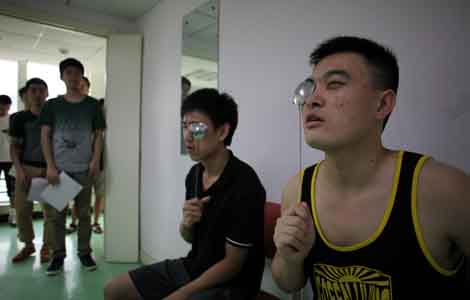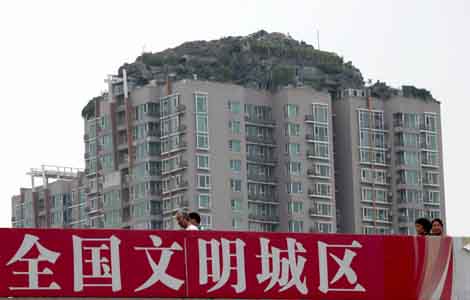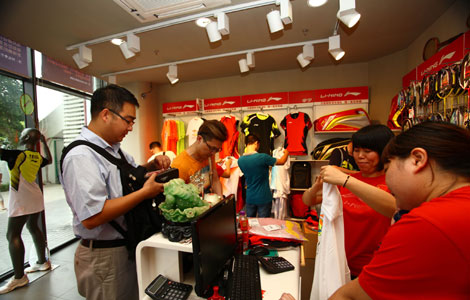Kennedy effect - symbolic or positive?
Updated: 2013-08-13 16:16
By Cai Hong (China Daily)
|
||||||||
The new United States ambassador to Japan has her work cut out to keep regional relations in check
Caroline Kennedy may be luckier than her predecessor, United States ambassador to Japan John Roos, who has dealt with five Japanese prime ministers in the past five years. The stable administration of Prime Minister Shinzo Abe is awaiting her.
But Kennedy's tenure in Tokyo comes at an important time in Japan-US, or on a broader horizon, China-US-Japan relations. US President Barack Obama nominated her as next US ambassador to Japan on July 24. She is expected to arrive in Tokyo next month.
Like her predecessors, who were all male, the late US president John F. Kennedy's daughter will have a lot of thorny issues to handle.
Japan and the US are participating in the Trans-Pacific Partnership negotiations and reviewing the guidelines for their defense cooperation. The Abe administration is intending to change the current government interpretation of the Japanese Constitution that prohibits the country from exercising the right of collective self-defense.
The two countries will continue to discuss reducing American troops in Okinawa and returning land used as a military base. About half of the 50,000 US troops in Japan are based at Okinawa.
A helicopter crashed at the island base on Aug 5 amid strong local opposition to the US Marine Corps' additional deployment of 12 MV-22 Osprey tilt-rotor aircraft.
The accident, which happened about 2 kilometers from a residential neighborhood, revived memories of a similar incident in 2004 when a US helicopter crashed into a nearby university building.
But Japan is thrilled with the choice of the new US ambassador. On July 25, Yoshihide Suga, chief secretary of Abe cabinet, was honest about the reason for welcoming Kennedy: she hobnobs with the US president. Media reports say that Kennedy can call Obama directly.
To Japan, this can help strengthen its alliance with the US, which tops Abe's diplomacy agenda. Abe was eager to visit Washington as the destination of his first overseas trip in January after taking office in December. But he was kept waiting until February to meet with Obama at the White House due to the US president's tight schedule. Abe is anxious to have the US standing behind his country in the territorial row with China.
During their meeting in Singapore in late July, Abe told US Vice-President Joe Biden that Japan will establish its own national security council modeled after the US one.
Japan is caught up in a throng of diplomatic issues: a falling out with China and Republic of Korea due to territorial disputes and its perception of its wartime past.
The Obama administration is realigning its forces in a renewed focus on Asia. It has decided to concentrate 60 percent of US air and naval power in the Asia-Pacific region, and has to rely on Japan in the so-called pivot process.
But the US does not want to get involved in Japan's territorial dispute with China. During his US trip in February, Abe failed to secure Obama's support in Japan's row with China. On many occasions US officials asked Japan to mend its relations with China and the ROK. Also, the US government conveyed its concerns that East Asia could be destabilized when Abe made controversial remarks about Japan's wartime culpability.
But Abe continued to solicit support in the US by lobbying US congressmen. Japanese newspaper Nihon Keizai Shimbun reported that the Japanese prime minister wrote letters to some American senators in mid-July asking for their favor.
Abe's trick worked. Throwing mud on China, the US senate passed a resolution on July 29 condemning "the use of coercion, threats, or force by naval, maritime security, or fishing vessels and military or civilian aircraft in the South China Sea and the East China Sea to assert disputed maritime or territorial claims or alter the status quo”.
This was like trying to put out a fire with kerosene.
The coming and going of Japanese and US high-ranking individuals in the following months merit attention. Japan's New Komeito leader Natsuo Yamaguchi announced he would visit the US during September 8-13. He hopes to talk with US Vice-President Biden and Secretary of State John Kerry.
As the leader of the junior partner of Abe's Liberal Democratic Party in the ruling coalition, Yamaguchi visited Beijing in January. As Abe's envoy, he submitted the Japanese prime minister's letter to Chinese President Xi Jinping. Yamaguchi said his party has responsibility for making efforts to restore Japan-China relations that have been damaged over territorial rows.
The Japanese media reported, with rare passion, a possible visit to Japan by Obama in spring 2014. The visit shows Abe's intention to get US affirmation on the two countries' commitment to a stronger alliance to check China.
Rewarding a prominent political supporter with a prestigious position, Obama is said to be continuing a bipartisan practice of doling out ambassadorships to supporters and fundraisers.
The Los Angeles Times said the US ambassadorship should be more than symbolic, doubting Kennedy's thin resume. "He or she should play an active role in communicating the views of the United States on issues including the Democratic People's Republic of Korea nuclear threat, international trade and the dispute between China and Japan over islands in the East China Sea,"its editorial said.
Dana Rohrabacher, a Republican member of the US House Foreign Affairs Committee, told FoxNews.com that Japan is too important for somebody with no experience.
Kennedy is unlucky to arrive at a time when China-US-Japan relations remain uncertain. It will be a mammoth challenge for her.
The author is China Daily's Tokyo bureau chief. Contact the writer at caihong@chinadaily.com.cn.
Most Viewed
Editor's Picks
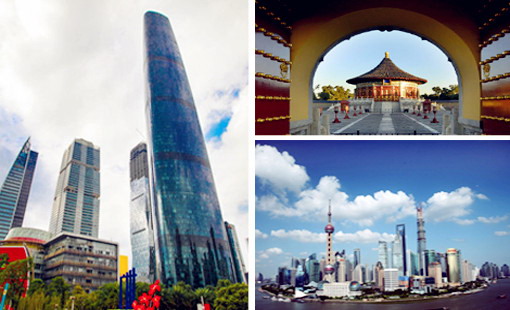
|
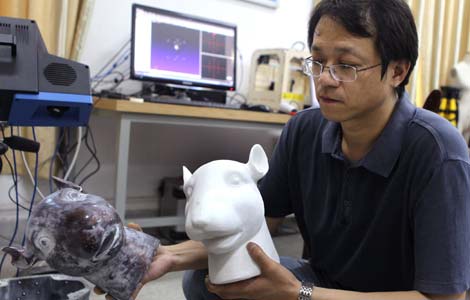
|

|

|

|

|
Today's Top News
'Leftover women' face tough choices in seeking love
Dutch Prince Friso dies after 2012 avalanche
Academy will turn a Hilton into a dorm for Chinese
Brazil puts off bidding on bullet train
US to examine intelligence collection methods
Economists cautious about China's recovery
Consumers losing confidence in Fonterra
Surge in raw material imports 'positive'
US Weekly

|

|
